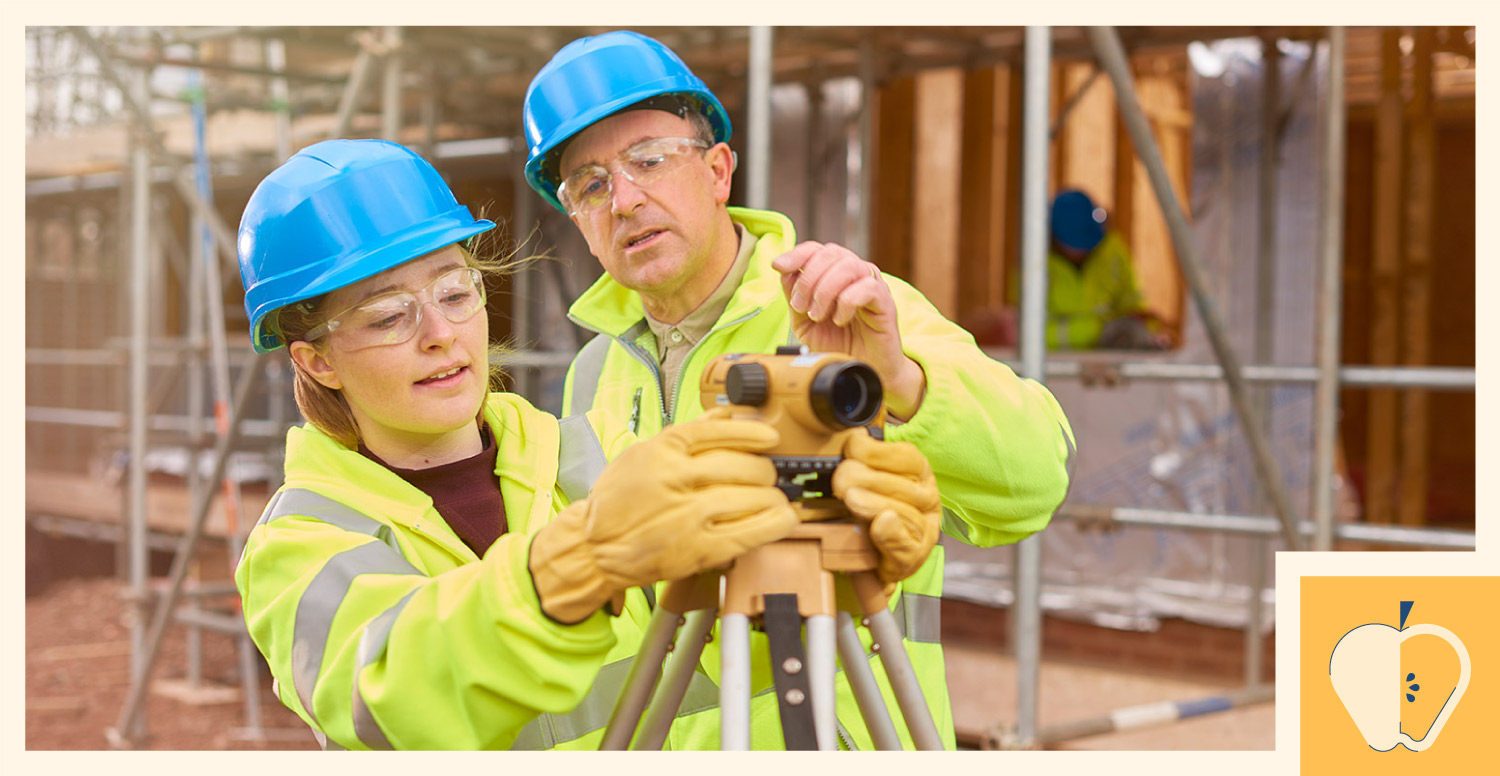
As the demand for skilled labor in the construction industry continues to grow, it is essential for students interested in a future in building to acquire a diverse set of skills. This guide outlines the critical construction skills that students need to learn, ensuring they are well-prepared for successful careers in this dynamic field.
Core Construction Skills

1. Technical Skills
Technical skills are fundamental for any construction professional. Key areas include:
- Blueprint Reading: Understanding and interpreting architectural drawings and blueprints is crucial for executing construction projects accurately.
- Construction Methods: Familiarity with various construction techniques and materials, including framing, masonry, and concrete work.
2. Safety Practices
Safety is paramount in the construction industry. Students should learn:
- OSHA Standards: Knowledge of Occupational Safety and Health Administration (OSHA) regulations to ensure a safe working environment.
- Personal Protective Equipment (PPE): Proper use and maintenance of PPE to minimize risks on the job site.
3. Tools and Equipment Proficiency
Students should gain hands-on experience with various tools and equipment, such as:
- Power Tools: Safe operation of drills, saws, and other power tools commonly used in construction.
- Heavy Machinery: Basic understanding of operating heavy machinery, including forklifts and excavators, can be beneficial.
Soft Skills
1. Communication Skills
Effective communication is vital in construction. Students should develop:
- Verbal Communication: Ability to clearly convey information to team members, supervisors, and clients.
- Written Communication: Skills in writing reports, emails, and documentation related to projects.
2. Teamwork and Collaboration
Construction projects often involve teamwork. Key aspects include:
- Collaboration: Working effectively with diverse teams, including architects, engineers, and subcontractors.
- Conflict Resolution: Strategies for resolving disputes and maintaining a positive work environment.
Project Management Skills
1. Planning and Scheduling
Understanding project management principles is essential for career advancement:
- Project Planning: Learning how to create project timelines and allocate resources efficiently.
- Scheduling Software: Familiarity with tools like Microsoft Project or Primavera for managing construction schedules.
2. Budgeting and Cost Control
Financial acumen is crucial for managing construction projects:
- Estimating Costs: Skills in estimating project costs, including labor, materials, and overhead.
- Budget Management: Understanding how to track expenses and manage budgets throughout the project lifecycle.
Building Codes and Regulations
1. Local Building Codes
Knowledge of local building codes is essential for compliance:
- Zoning Laws: Understanding zoning regulations that govern land use and construction practices.
- Permitting Processes: Familiarity with the procedures for obtaining necessary permits for construction projects.
2. Environmental Regulations
Students should also be aware of environmental considerations:
- Sustainability Practices: Learning about eco-friendly building practices and materials that minimize environmental impact.
- Waste Management: Understanding waste disposal regulations and recycling practices in construction.
Emerging Technologies
1. Building Information Modeling (BIM)
BIM is transforming the inca construction industry. Students should learn:
- BIM Software: Familiarity with software like Autodesk Revit and Navisworks for creating and managing digital representations of physical structures.
- Collaboration in BIM: Understanding how BIM facilitates collaboration among project stakeholders.
2. Drones and Robotics
Emerging technologies like drones and robotics are becoming integral to construction:
- Drones: Learning how to use drones for site surveys, inspections, and monitoring progress.
- Robotics: Understanding the role of robotics in automating tasks, improving efficiency, and enhancing safety.
Conclusion
As the construction industry continues to evolve, students must equip themselves with a diverse set of skills to thrive in their future careers. By focusing on technical skills, safety practices, soft skills, project management, knowledge of building codes, and emerging technologies, students can position themselves for success in the dynamic world of construction.
Investing in education and training in these areas will not only enhance individual career prospects but also contribute to the overall growth and innovation in the construction industry.
Read Also About Knowledge application refers to the ability to use acquired knowledge in practical, real-world scenarios to solve problems, make decisions, and drive innovation.
Related Posts
 Sains Terapan: Jembatan Ilmu dan Solusi Nyata dalam Kehidupan
Sains Terapan: Jembatan Ilmu dan Solusi Nyata dalam Kehidupan
 Economic Principles: Grasping Markets at University
Economic Principles: Grasping Markets at University
 Parasitologi Ilmu Tentang Parasit dan Perannya di Dunia
Parasitologi Ilmu Tentang Parasit dan Perannya di Dunia
 Eligible SNBP: Panduan Memahami Kriteria dan Strategi Lolos PTN
Eligible SNBP: Panduan Memahami Kriteria dan Strategi Lolos PTN



